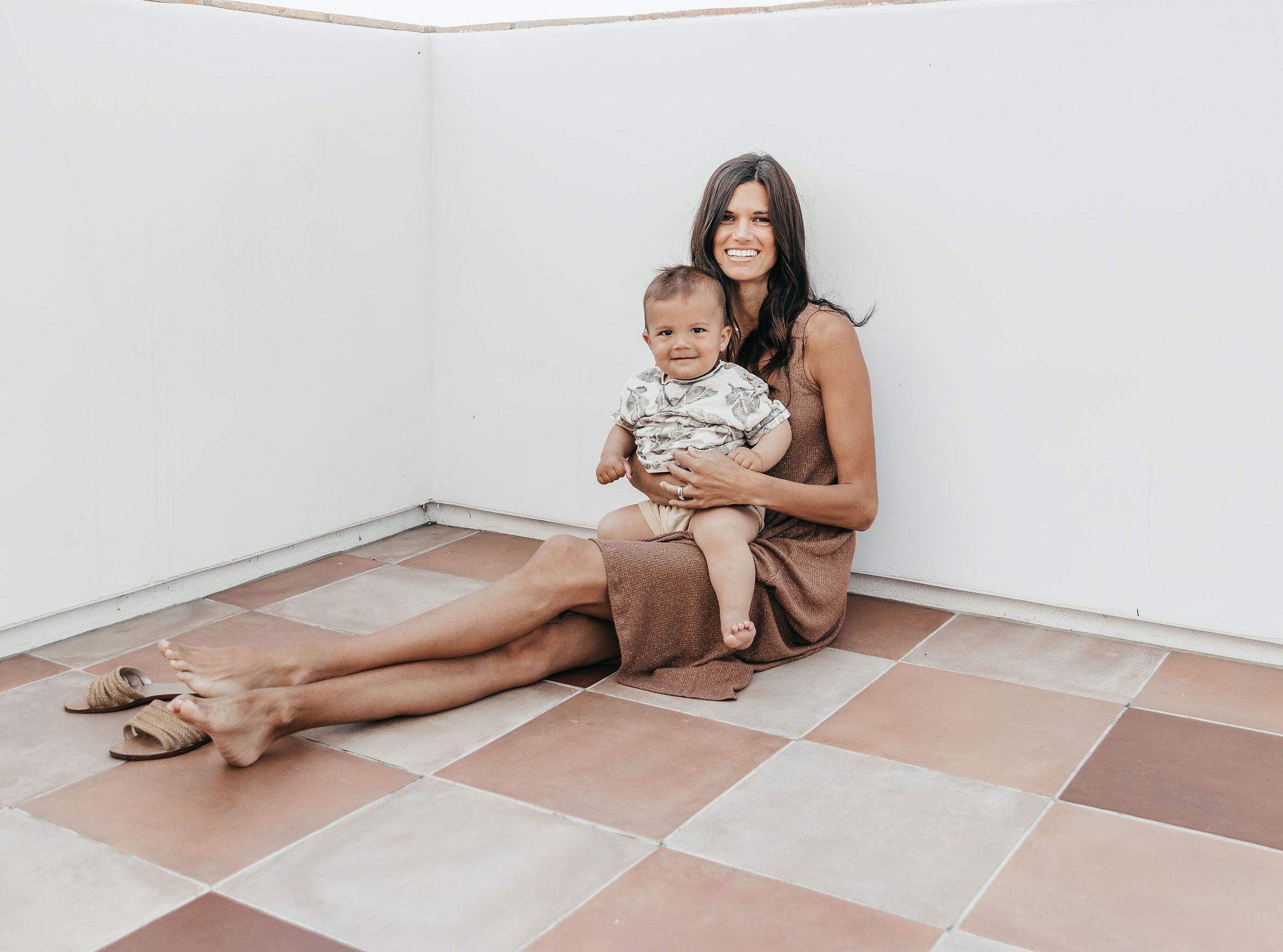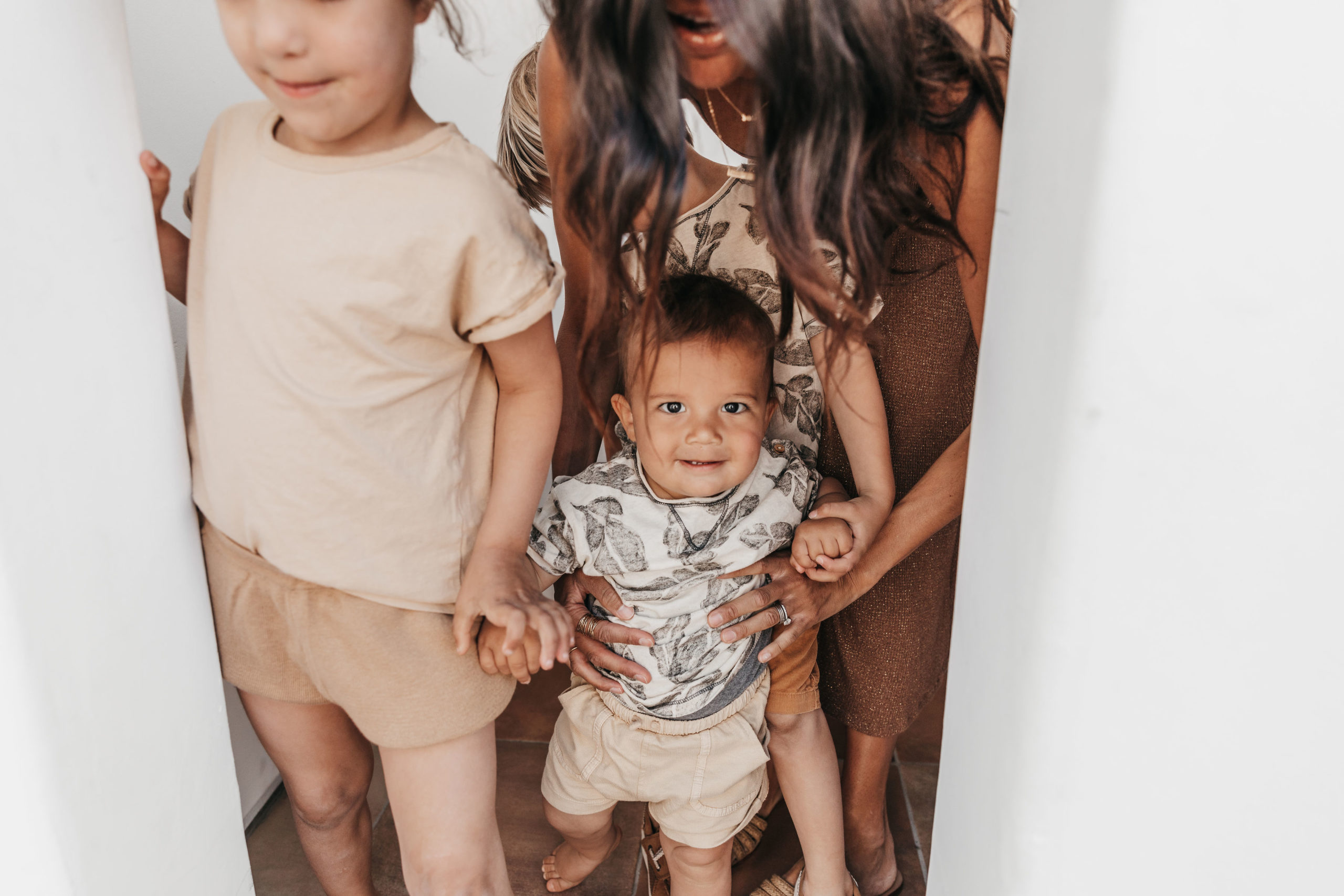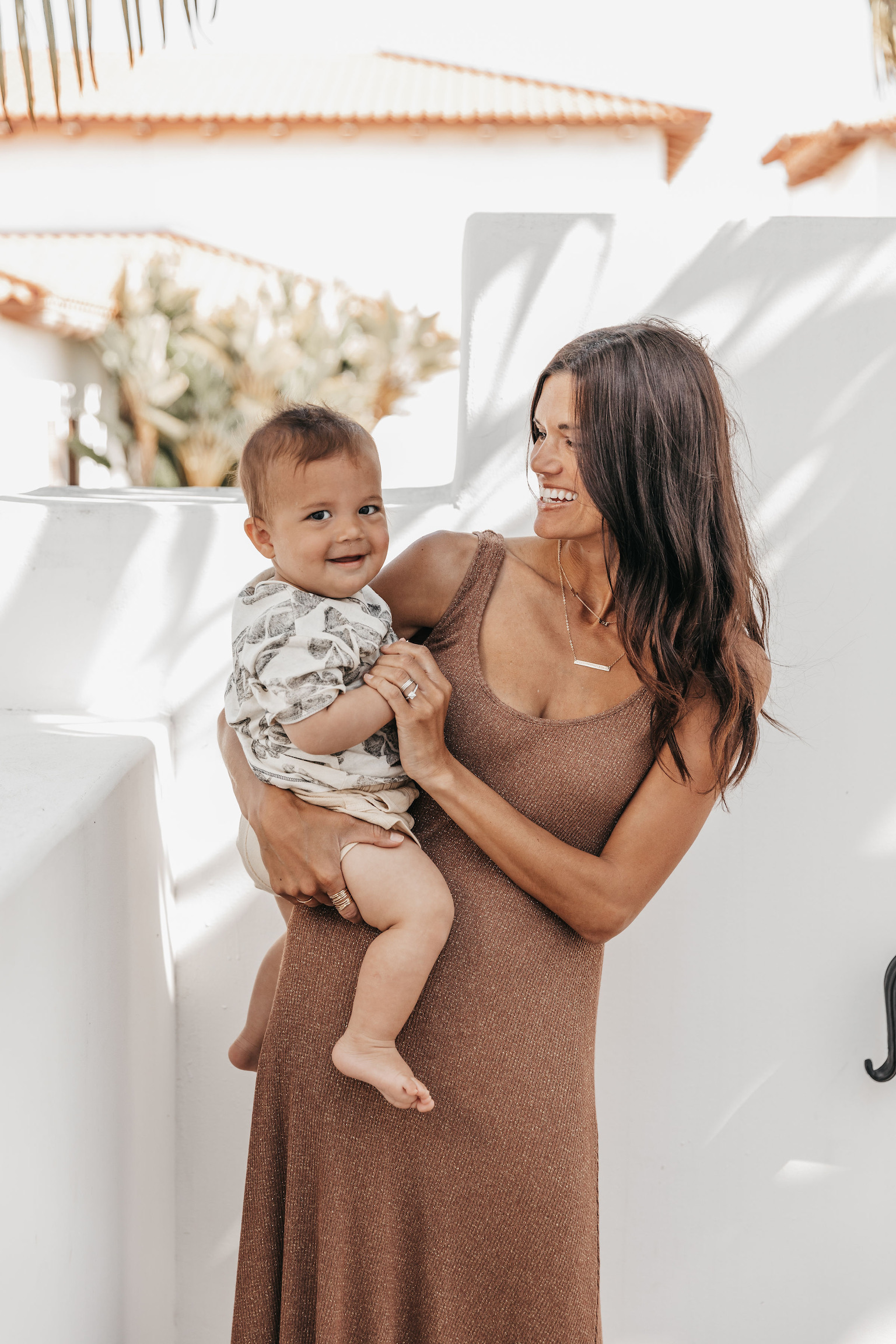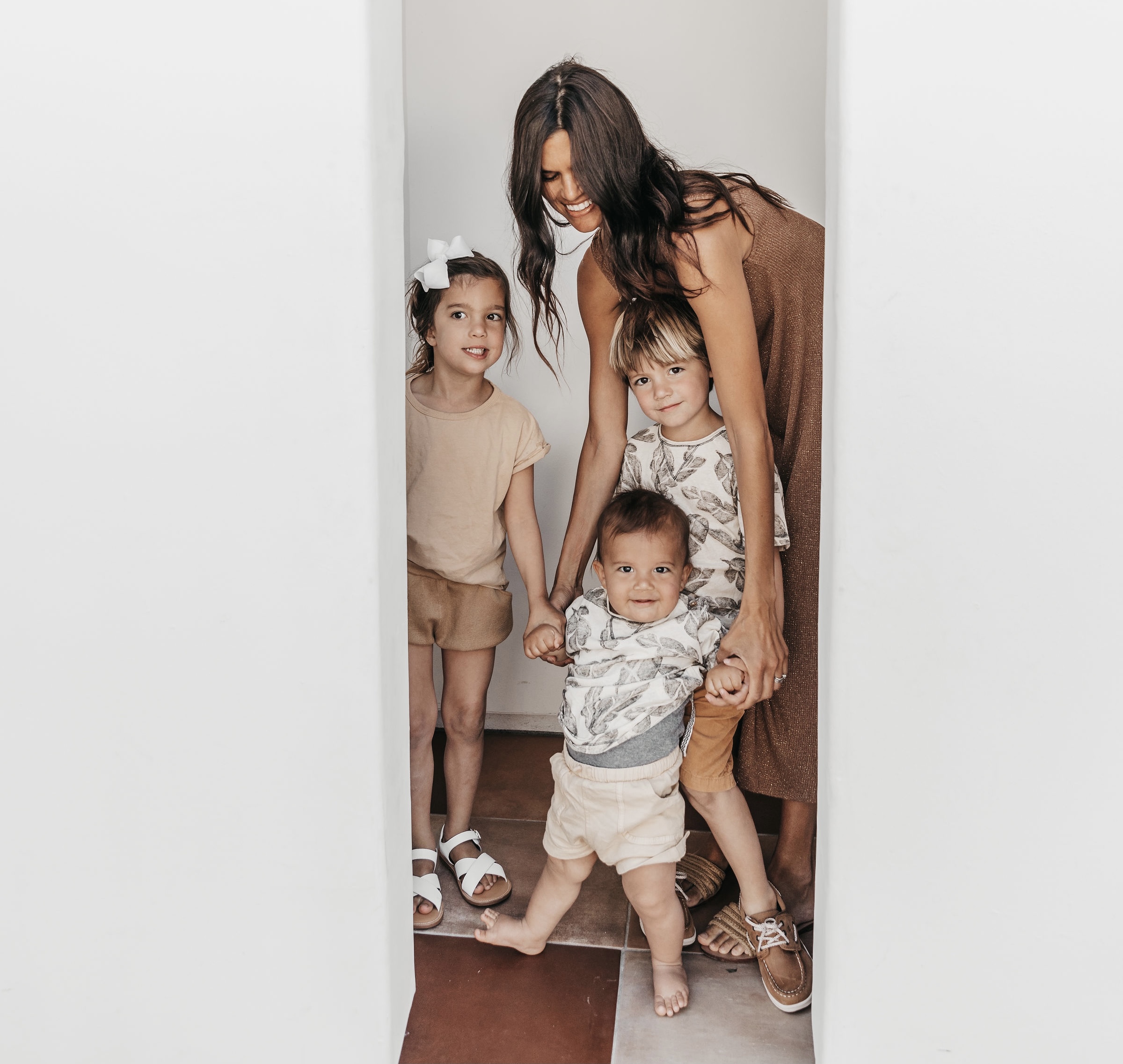

It feels like there is a regression for every age, right? Well the truth is, our babies are constantly changing emotionally, maturing mentally, and developing physically! So yeah, you could say there is a sleep regression often, but it’s a good sign of your baby growing healthily!
So what’s happening at 12 months?
Aside from mama feeling emotionally that her baby is turning one (guilty over here!), a. lot.
Your little one is transitioning out of baby phase and may even feel like a young toddler. He’s learning to walk, and understanding words and sounds. He’s exploring play, and if he has older siblings, wants to do anything and everything they are doing. Perhaps you are weaning baby, or switching from formula to milk. You’r experimenting with sippy cups, expanding food options, and contemplating when to move from two naps to one, and so on.As a result, baby may be waking out of the blue in the middle of the night. Protesting bedtime. Changing in sleep patterns, and may be extra fussy or even be feeling frustrated as he or she tries new skills.
Rather than feel overwhelmed, we want you to celebrate these big and little things! It can feel bitter sweet, but how exciting that your little one is experiencing more that this world has to offer, and the world is getting to experience more of him! That said, here are some tips in managing any obstacles that come your way around this time.
Tips For The 12 Month Regression:
Maintain a Positive Mindset
Remember what baby is going through, and shift your mindset for bumps along the way! Separation Anxiety can be a big factor at this age, so keeping transitions quick can be helpful. Playing games like peek a boo are good practice for baby to understand the idea. If you are leaving baby for work or what not, set up rituals if you don’t have them in place already.
Routine
Maintain your bedtime and nap-time routine and adjust accordingly. Babies thrive on predictability, and now that they are more aware, routine is both comforting and supportive to them as they endure new changes ahead! This will help manage separation anxiety as well.
Practice New Skills
Give baby plenty of time on the floor to practice steps, walking, running! Let him or her play with new toys, explore the pots and pans, and so on! We want baby to exercise during awake time, rather than get the wiggles out in his crib when it should be sleep time.
Adjust Wake Times
Wake time for a 12 month old should be 3.5-4.5 hours, so adjust accordingly. We don’t want any babies going to take a nap under tired, they’ll be too busy and wide eyed to sleep! And if baby is over tired, he or she will have trouble going down.
Transition from 2 to 1 Nap When Ready
Babies typically transition from 2 to 1 nap between 13-17 months, however some are ready earlier. That said, don’t let baby’s fighting a nap once fool you that it’s time to fully make the switch! Some times we just need to adjust wake windows, add in more floor time, and while baby still may need 2 naps, we may need to cut the length of one. This is a tricky change, so if you’re looking for support I’d love to walk you through it!
Be Consistent
As always, consistency is key! Don’t start something you don’t plan to continue. When you’re ready to make a change, transition the naps, and so on, commit.
For more support, email me at carlykenihan@gmail.com, or you can book a consult directly below. I would love to work with you!




Routine and consistency seems to be the most important at every level. I have this sleep training mentor I love – Susan Urban, and she’s saying it a lot. She wrote a book about sleep training babies and toddlers (the newest one I think: https://www.parental-love.com/shop/toddler-sleep-training ). And she’s always saying ‘consistency is a key’ and not – after testing both books – I believe that!